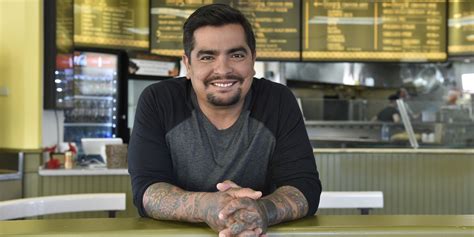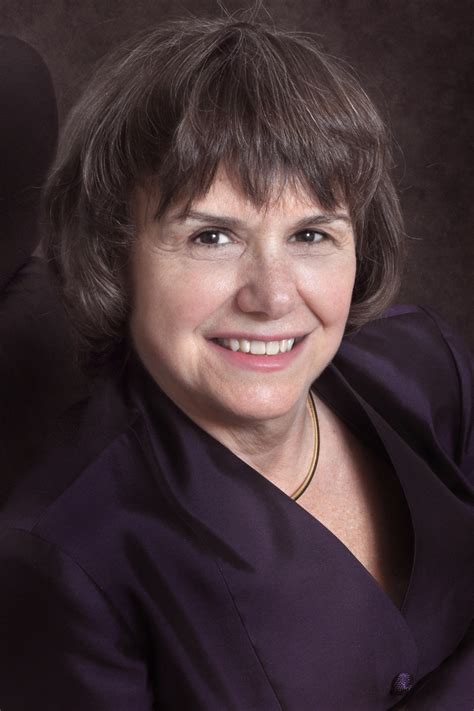A Quote by Marcie Cohen Ferris
If there was ever a food that had politics behind it, it is soul food. Soul food became a symbol of the black power movement in the late 1960s. Chef Marcus Samuelsson, with his soul food restaurant Red Rooster in Harlem, is very clear about what soul food represents. It is a food of memory, a food of labor.
Related Quotes
There are a couple of different types of food I eat a lot. I was raised in the South, in Tennessee, so I’m going to go with comfort food, soul food. I would probably start with collard greens and candied baby carrots and then have some biscuits and white gravy - and for dessert, probably blackberry cobbler.
Personally, I have been very impressed by the slow food movement. It is about celebrating the culture of food, of sharing the extraordinary knowledge, developed over millennia, of the traditions involved with quality food production, of the sheer joy and pleasure of consuming food together. Especially within the context of family life, this has to be one of the highest forms of cultural activity.
Isn't food important? Why not "universal food coverage"? If politicians and employers had guaranteed us "free" food 50 years ago, today Democrats would be wailing about the "food crisis" in America, and you'd be on the phone with your food care provider arguing about whether or not a Reuben sandwich with fries was covered under your plan.
































